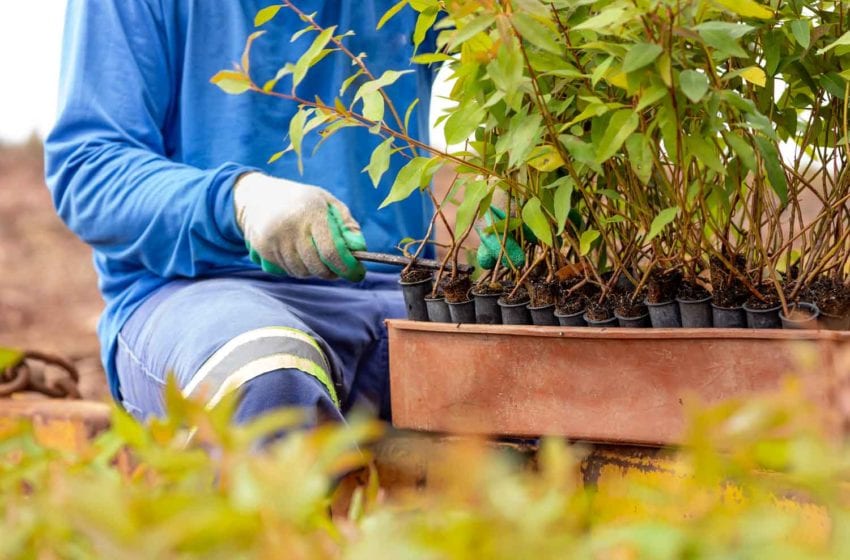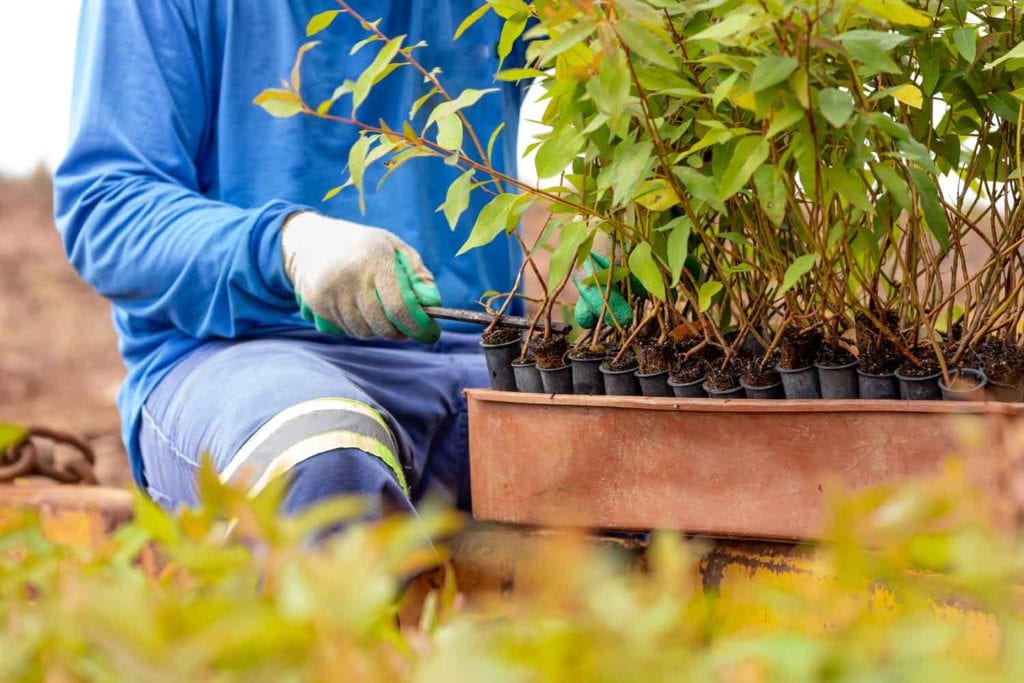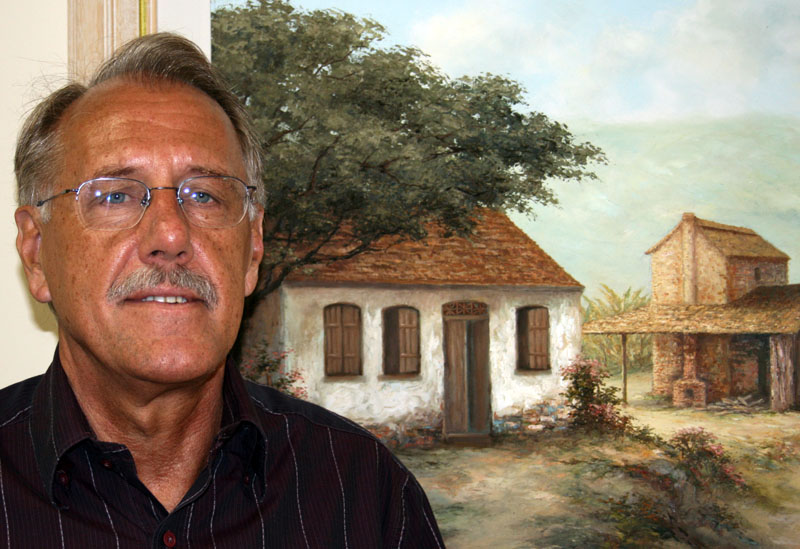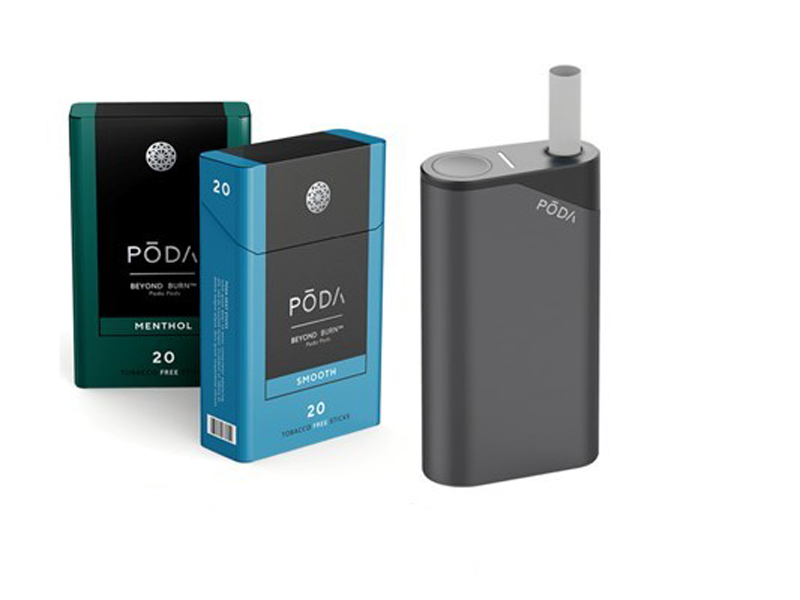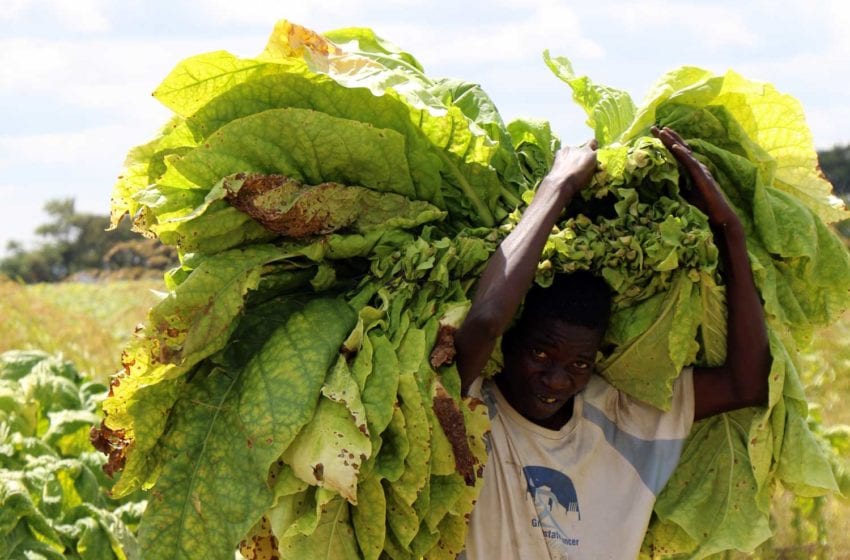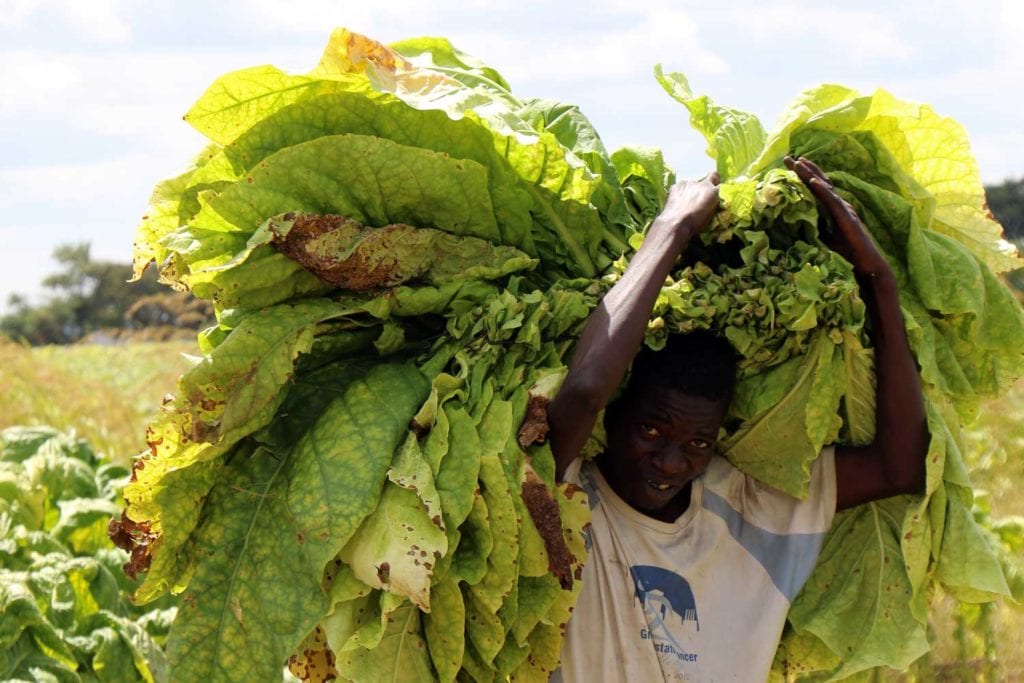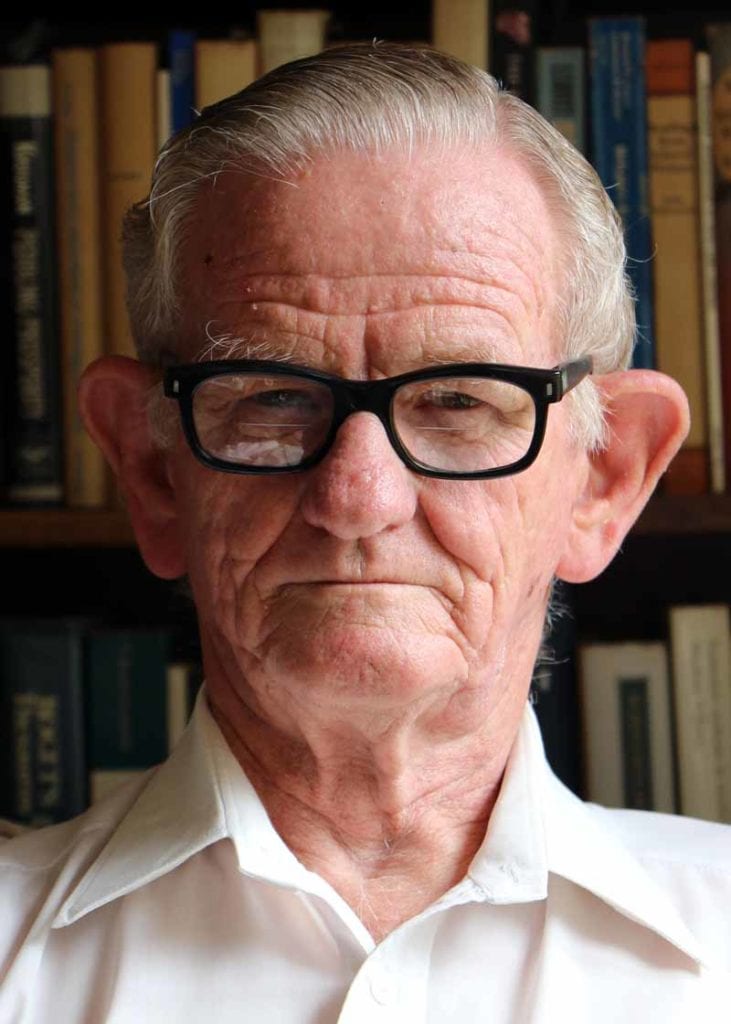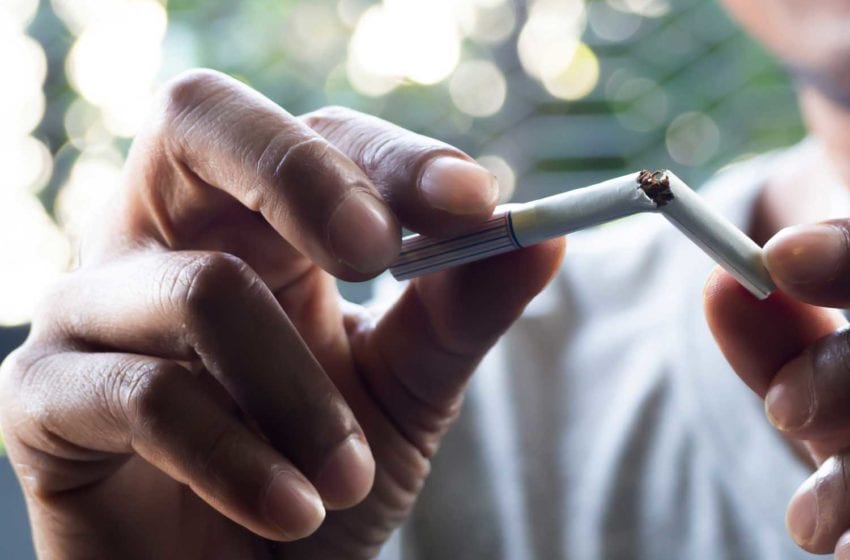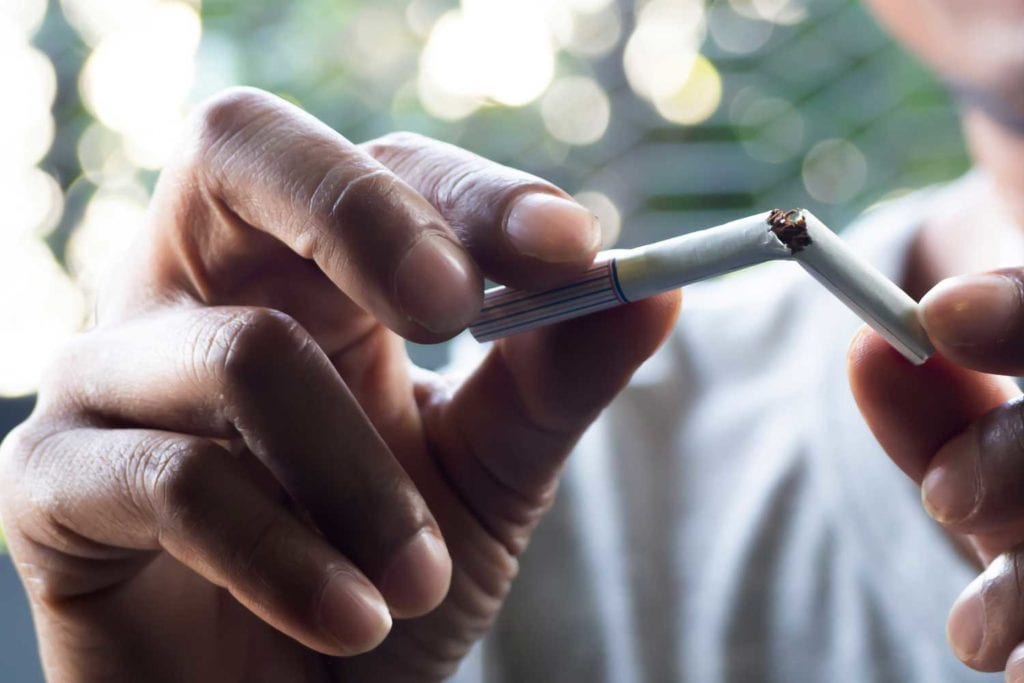The World Health Organization (WHO) bestowed its World No-Tobacco Day Awards for 2021 in the Americas to three Costa Rican institutions, the ministries of health in Saint Lucia and Paraguay, the Uruguayan National Resource Fund, two California cities and a Brazilian doctor, according to the Pan American Health Organization.
The winners, selected from nominations received in response to a public call, achieved key advances in tobacco control in their countries, according to the global health body. The awards are part of global tobacco control efforts recognized on World No-Tobacco Day every year.
A shared award was given to Costa Rica’s mSalud Institutional Team, which comprises three institutions formed by the Ministry of Health, the Costa Rican Social Security Fund and the Institute on Alcoholism and Drug Dependence. The mSalud Team received the award for their role in expanding quit-tobacco services through development of online tools.
Uruguay’s National Resource Fund received the award for its role in the National Network of Smoking Cessation Units. The network arose out of the Tobacco Treatment Program, which the Resource Fund created in 2004. The Resource Fund is now responsible for coordinating, evaluating and supporting the network, which has played a key role in increasing access to quit-tobacco services throughout the country.
The award was given to Tania Cavalcante, an oncologist at Brazil’s National Cancer Institute and Executive Secretary of the National Committee for the Implementation of the Framework Convention on Tobacco Control in Brazil. She received it for her lifelong contribution to effective tobacco control policy in Brazil and for her globally impactful work on implementation of the WHO Framework Convention on Tobacco Control (FCTC). Cavalcante also has been instrumental in facilitating countries’ exchanges of experiences in tobacco control in Latin America and among Portuguese-speaking countries.
Saint Lucia’s Ministry of Health and Wellness received the award for its role in adoption in June 2020 of the Public Health (Smoking Control) Regulations, Statutory Instrument, 2020, No. 81. The regulation establishes a smoking ban in enclosed public and working places and on public transport. The regulation covers electronic cigarettes and prohibition of the sale of tobacco products in places such as health, sport, government, childcare, educational and religious facilities. With the adoption, St. Lucia became the eighth country in the Caribbean and the 22nd in the Americas to adopt regulation in keeping with Article 8 of the FCTC, which asserts that people should be protected against tobacco smoke in indoor public places, indoor workplaces and public transportation.
Paraguay’s Ministry of Public Health and Social Welfare received the award for its role in Decree No. 4624, which establishes that cigarettes, heated-tobacco products or electronic cigarettes can only be consumed in open-air spaces without crowds. With the decree, Paraguay joins the rest of South American countries in following Article 8 of the FCTC to create a smoke-free region.
The California cities of Beverly Hills and Manhattan Beach shared the award for their ban on the sale of tobacco products. According to the WHO, their actions serve as proof of concept for Project Sunset, a global effort to phase out sale of commercial combustible tobacco products, including alternative nicotine-delivery systems. California has since set a goal of eliminating tobacco use by 2035. Through this initiative, Beverly Hills and Manhattan Beach are going one step beyond established measures to mitigate and reduce consumption of tobacco, the global health body said.



